Photo / RTS
In a geopolitical context marked by heightened tensions with the West, Russia under Vladimir Putin and North Korea, led by Kim Jong-un, are intensifying their relationship. The recent meeting between the Russian president and North Korean Foreign Minister Choe Son-hui signifies a further step in strengthening ties between Moscow and Pyongyang. This discussion, held in an atmosphere of mutual defiance toward the United States and its allies, hints at increased cooperation in strategic areas, from defense to economic exchanges.
The Motivations Behind a Russo-Korean Alliance
Since the beginning of the Ukraine invasion in 2022, Russia, isolated on the international stage, has sought new allies to bypass economic sanctions and to balance its relationships against the West. For North Korea, under significant international pressure due to its nuclear program, this relationship presents an opportunity to bolster its military and economic position.
This meeting follows a series of diplomatic exchanges and high-level visits between the two countries, fueling speculation of potential military collaboration. For North Korea, access to advanced Russian technology could significantly strengthen its arsenal. In return, Moscow might benefit from North Korean labor and raw materials, critical for certain sectors impacted by embargoes.
Meeting Highlights
During the exchange, discussions reportedly covered economic, military, and diplomatic topics, although specific details remain scarce. Experts believe sensitive issues, such as the supply of arms and ammunition, potentially to support Russia’s military efforts in Ukraine, may have been on the agenda. Other aspects, like expanding bilateral trade, particularly in energy and food supplies, were likely also discussed, aiming to mitigate the impact of economic sanctions.
International Reactions
This growing alliance has raised serious concerns within the international community. The United States and its allies have already voiced their opposition to any military cooperation between Russia and North Korea, considering it a direct threat to regional and global stability. Washington has warned that any material military support for Russia could lead to additional sanctions against North Korea.
Analysts suggest this cooperation could bolster Pyongyang’s military capacities while supporting Russia on the Ukrainian front, a crucial issue for the Kremlin. The possibility of an increased military presence in the Asia-Pacific region also worries neighboring countries, particularly Japan and South Korea, who are closely monitoring this strategic partnership.
Toward a Long-Term Partnership?
The growing alliance between Russia and North Korea reflects an escalating distrust of the West, but its long-term sustainability remains uncertain. For Moscow, the alliance with Pyongyang represents a pragmatic response to economic and military pressures from the West. As for Pyongyang, it sees an opportunity to counterbalance Washington’s influence in the region while strengthening its military agenda.
However, questions persist regarding the exact scope and nature of this collaboration. Moscow may limit its commitment to avoid significant repercussions on the international stage while keeping a strategic ally against the United States.


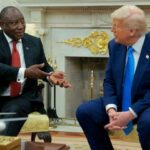



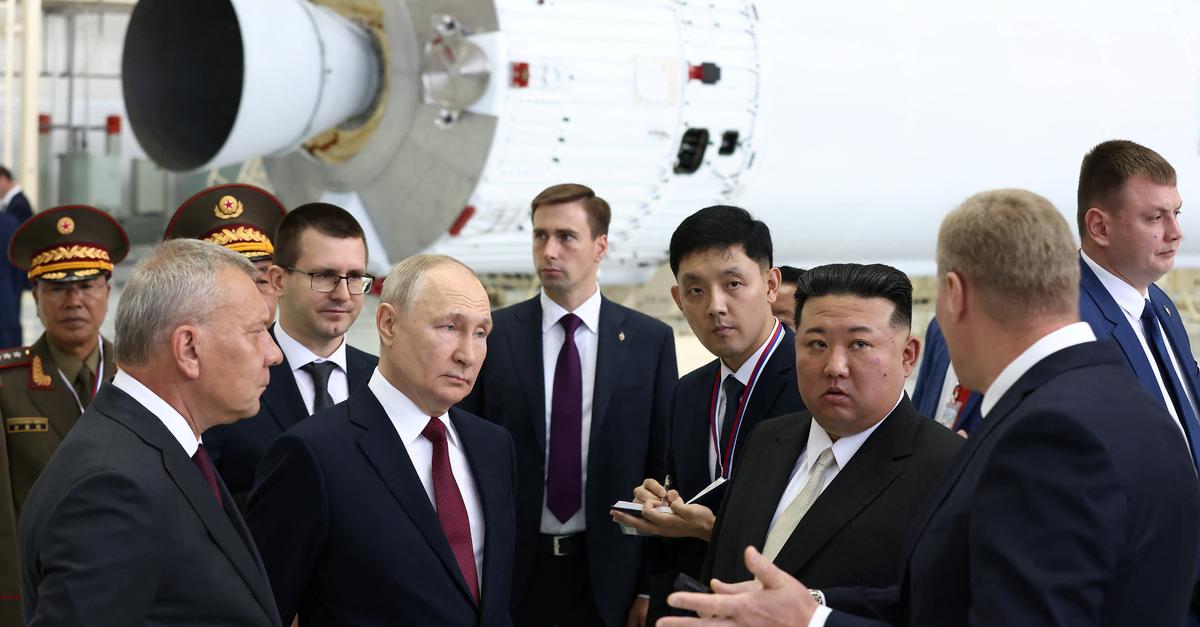
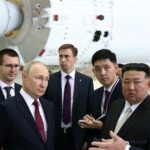
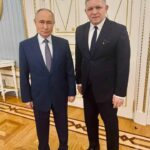
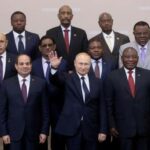
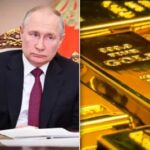
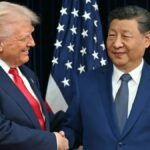

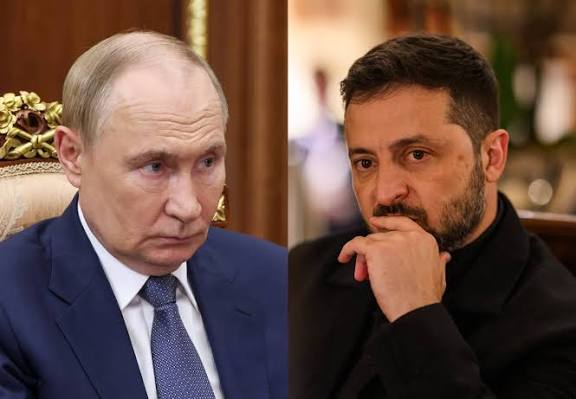
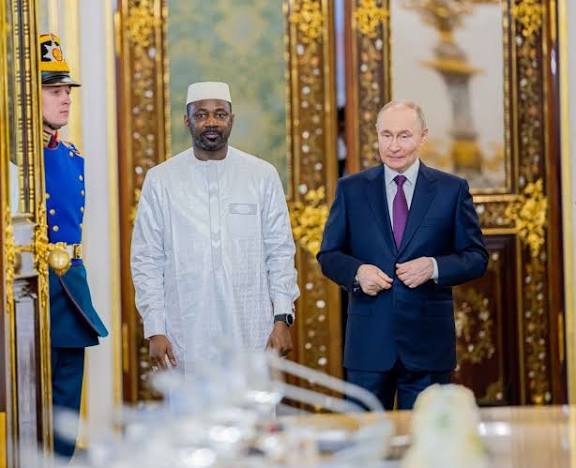

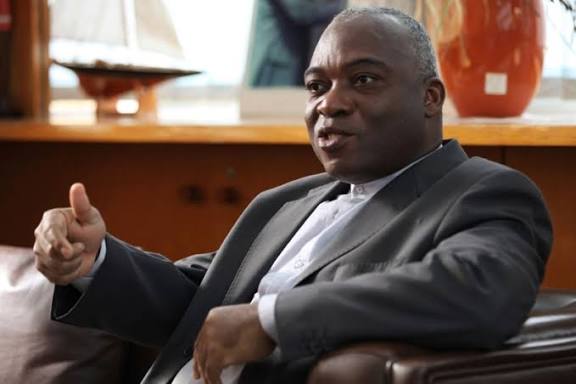
Leave a comment